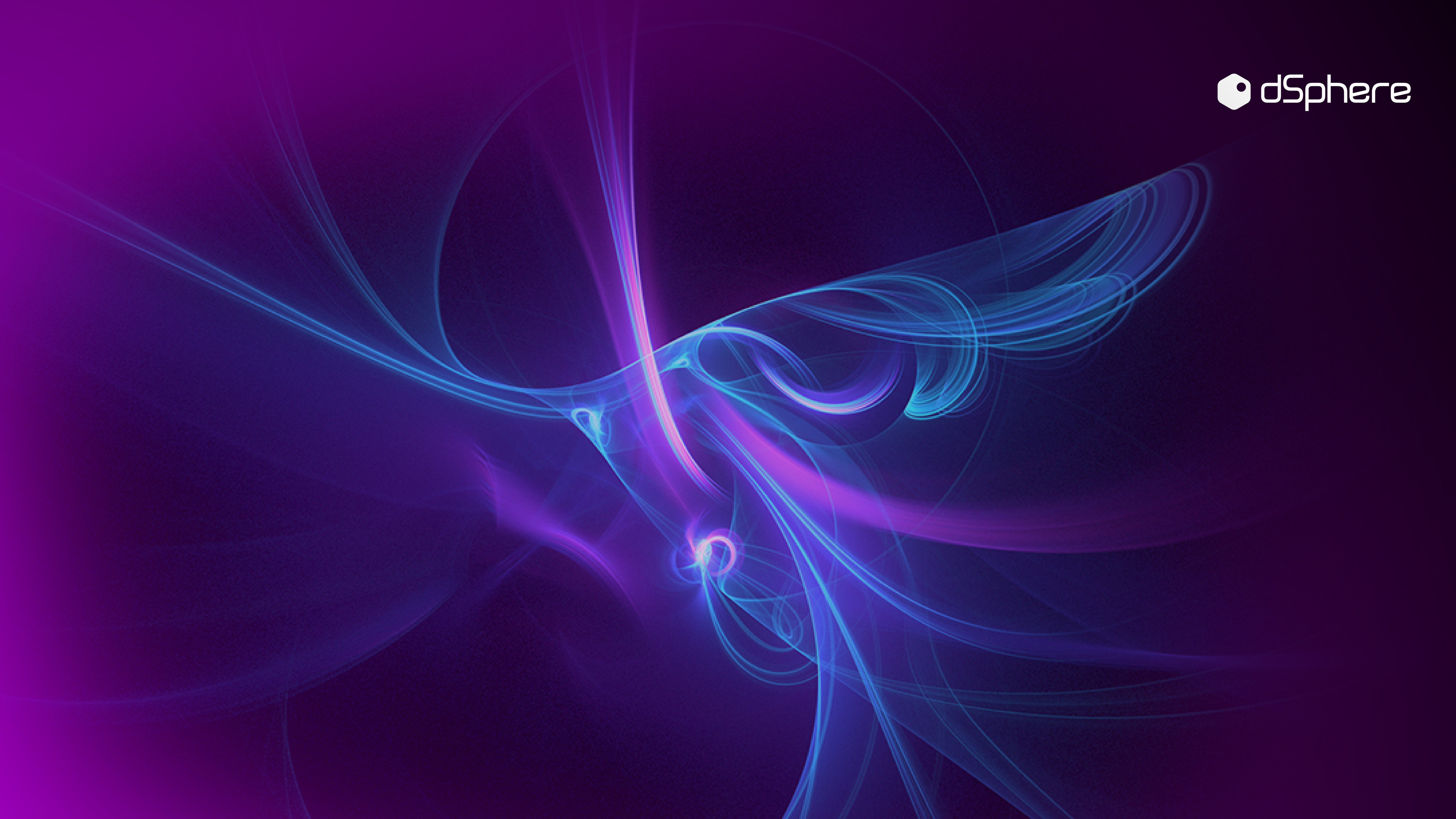7 Big Brand NFTs Helping Marketers Stay Top of Mind

The conversation around non-fungible tokens, or NFTs, can be complicated, but big brand names are something everyone can understand. That’s why some of the biggest brands in the world have had such success launching NFTs — they can use their brand caché to make NFTs more understandable and appealing to their legions of dedicated fans. These seven big brand NFTs demonstrate how marketers can use the digital asset craze to build brand awareness and stay relevant in the Web 3.0 world.
The 7 Brand NFTs Any Marketer Can Learn From
#1: Budweiser
Beer advertising has always been aspirational. Alcohol companies are often selling a lifestyle — they want you to buy into the feeling you’ll have when you have their drink in your hand. So it’s no surprise that Budweiser became one of the top NFT brands seeking to entice crypto-savvy adults with a cold one. The Heritage Collection included 1,936 unique tokens in honor of the year 1936, when the first Budweiser can was created. That was Budweiser’s first foray into NFTs, but not its last — the Budweiser Royalty Collection includes 11,000 tokens immortalizing 22 “future Kings and Queens” of the music industry. Taken together, the two drops show how masterfully Budweiser is using NFTs to connect its past, present, and future as a brand. NFTs take the Budweiser name beyond the can and into the modern metaverse lifestyle.
#2: Coca-Cola
Instead of releasing a series of NFTs that multiple fans can buy and own, Coca-Cola put up a single NFT-packed loot box for auction. Dubbed the Friendship Box, the release was timed with International Friendship Day to bring a little of that trademark sentimentality that Coca-Cola is known for. Because there could be only one winner, the Friendship Box was packed with special bonuses and metaverse-friendly goodies, and the winner was promised a real-life Coca-Cola-branded SMEG refrigerator stocked with ice cold Cokes to be shared, of course, with friends. The winning bid passed the $575,000 mark, with all the proceeds from the sale going to the Special Olympics. Coca-Cola succeeded in turning the NFT drop into a singular experience, all while staying brand-true with messaging that tugged on the heartstrings.
#3: McDonald’s
Leave it to the Golden Arches to turn total food fandom into an NFT marketing move. 2021 marked the 40th anniversary of the McRib, so McDonald’s naturally launched a series of NFTs to announce the return of the seasonal sandwich. Instead of listing their McRib NFTs for sale, though, McDonald’s gave away the ten tokens. Lucky fans just had to retweet the original NFT announcement tweet for a chance to win. Not only did McDonald’s successfully capitalize on year-round McRib mania, they also had the foresight to turn the launch into a giveaway, avoiding some of the criticism around brands using NFTs as a cash grab.
#4: Nike
Before Nike ever dropped their first NFT collection, they bought RTFKT (pronounced “artifact”), a company that specializing in designing virtual sneakers. That acquisition went hand in hand with a patent filing for “cryptographically secured digital assets” in sneaker form, and soon after, CryptoKicks was born. The inaugural collection, Nike Dunk Genesis, included 20,000 sneaker NFTs that sold for between 2.5-3 ETH, or between $7,500 and $9,000 each. Nike is also selling digital vials (starting at approximately $2,500) that allow CryptoKicks owners to change the “skins” or the look of their sneakers. By understanding the hype culture around the brand, Nike successfully tapped into the tech desires of its most dedicated fans. Many self-proclaimed sneakerheads are already primed as collectors — collecting sneaker NFTs is a natural next step.
#5: Pizza Hut
Pizza Hut brought their big brand NFT launch down to earth by aiming to keep the token affordable. Their very first pixelated pepperoni slice went on sale for just 0.0001 ETH, or about $0.18. Why such a tiny number? Because Pizza Hut wanted to keep the price at the cost of one bite of pizza. There were even food puns (they called it the Mona Pizza), all in celebration of a promotional offer on four favorite Pizza Hut recipes. Each recipe got its own representative NFP (that’s non-fungible pizza, obviously), but they ended up being sold and resold for way more than 18 cents. Even though the crypto crowd pushed up the prices, Pizza Hut made a valiant effort at bringing their own ethos around accessibility and affordability to the NFT game.
#6: Pringles
By many accounts, there are over 160 different flavors of Pringles available around the world. Some are only available in certain countries, others are limited editions that are only released at specific times of year. But it wasn’t until 2021 that Pringles came out with a flavor you couldn’t even taste: CryptoCrisp. Pringles has promised that all the proceeds from token sales will go directly to Ukrainian artist Vasya Kolotusha, who designed the MP4 file they minted as an NFT. CryptoCrisp originally went on sale for 0.0013 ETH, or about $2, which is close to the cost of a can of Pringles. This lesson about how brands can use NFTs is really in the language — instead of going full Metaverse, Pringles stuck to what they know and called the NFT release a flavor launch.
#7: Taco Bell
Taco Bell was one of the first big brands to jump on the NFT bandwagon. The company released five copies of five different taco-themed NFTs, each with starting prices set at $1. The most expensive sale climbed to over $3,000, but all the “NFTacoBells” are going for much more as they’re sold and resold through the crypto community. Taco Bell has promised to donate the proceeds to the Taco Bell Foundation’s Live Más Scholarship fund, and the original NFT purchasers also won a $500 Taco Bell gift card (to be redeemed for real tacos, not token tacos). The drop was also timed to coincide with Taco Bell’s decision to reintroduce potatoes to the menu after fans protested their removal for many months. Branding-wise, Taco Bell hit the nail on the head by simultaneously taking a few steps back to give the people what they want and charging forward into the tech-enabled future.
When it comes to launching your own brand NFTs, it helps to have a partner that’s already a Web 3.0 expert. That’s where dSphere comes in — we use AI and machine learning technology to power products that help companies like yours improve critical metrics, from in-app revenue to customer lifetime value and beyond. Ready to learn more about how dSphere can help your company maximize revenue in the Web 3.0 world? Contact us today.










Leave A Comment